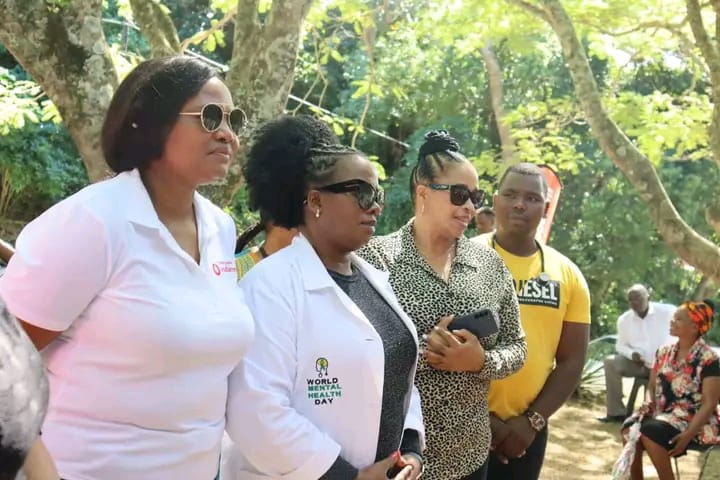In a significant policy reversal, the South African government has canceled the proposed increase in Value-Added Tax (VAT) that was set to take effect on May 1, 2025. This decision is particularly beneficial for recipients of the South African Social Security Agency (SASSA) grants, who are among the most economically vulnerable citizens.
Understanding the VAT Hike Proposal
The initial plan aimed to raise the VAT rate from 15% to 15.5% in 2025, with a further increase to 16% in 2026. The government projected that this would generate an additional R75 billion over the medium term to address budget shortfalls and fund public services.
Why the Reversal Matters for SASSA Beneficiaries
- Preservation of Purchasing Power
SASSA beneficiaries often rely on fixed monthly grants to cover essential needs such as food, electricity, and transportation. An increase in VAT would have led to higher prices for these basic goods and services, effectively reducing the real value of the grants. By maintaining the VAT at 15%, beneficiaries can better manage their limited resources without facing immediate cost-of-living increases.
- Stability in Grant Values
The government had previously announced above-inflation increases for various social grants in April 2025. For instance, the Old Age Grant was increased by R130, bringing the total to R2,310 for recipients aged 60 to 74. Without the VAT hike, these increases retain their intended benefit, rather than being offset by higher consumption taxes.
- Avoidance of Additional Financial Strain
Many SASSA beneficiaries support extended families and are already stretched thin financially. The proposed VAT increase would have exacerbated their financial challenges, potentially pushing more households into poverty. The cancellation helps prevent this additional strain.
Broader Economic Implications
While the reversal is a relief for grant recipients, it does present challenges for the national budget. The anticipated R75 billion revenue from the VAT increase will need to be compensated through other means, such as spending cuts or alternative revenue sources. However, the decision underscores the government’s commitment to protecting vulnerable populations during economic adjustments.
Conclusion
The cancellation of the VAT increase is a positive development for SASSA beneficiaries, ensuring that their grants maintain their value and purchasing power. It reflects a responsive approach to public concern and highlights the importance of considering the impact of fiscal policies on the most vulnerable citizens.
For more updates on social grants and economic policies, stay tuned to Pondoland Times.







![Government Reverses VAT Hike Amid Economic Concerns [live] Finance Minister Enoch Godongwana Tables 2024 Budget](https://pondolandtimes.co.za/wp-content/uploads/2024/02/Godongwana-218x150.jpg)





